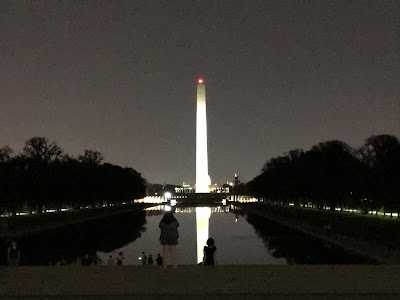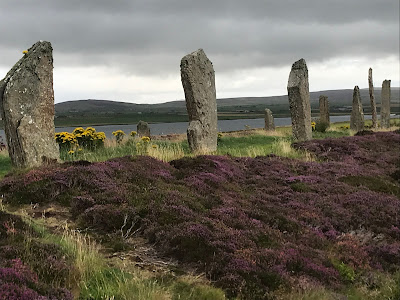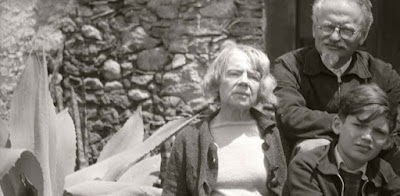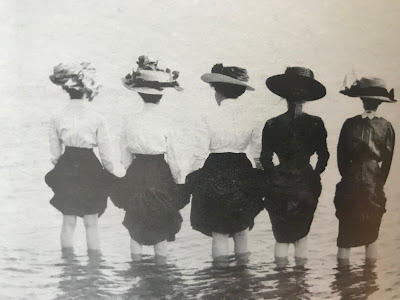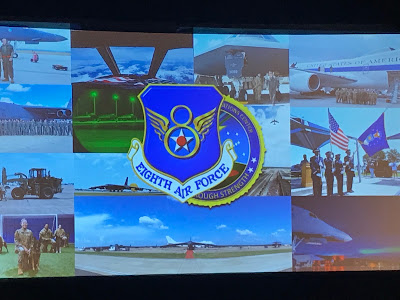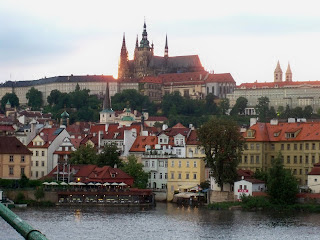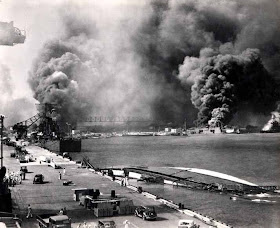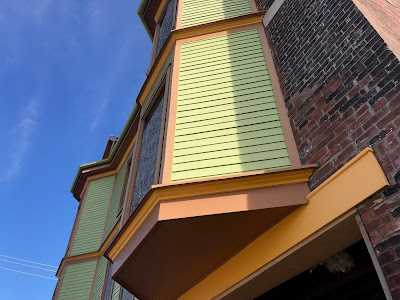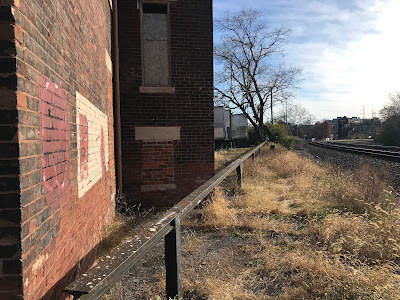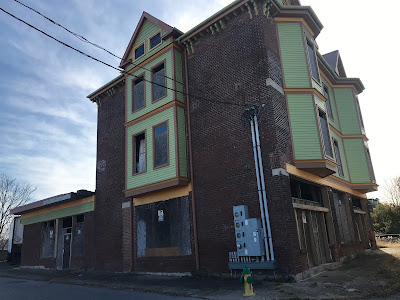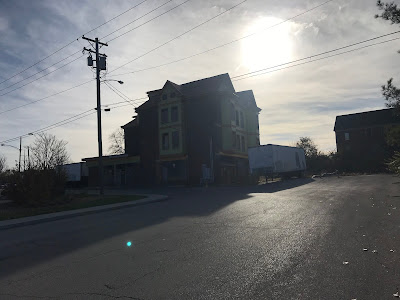I don’t read the newspaper obituaries everyday, but on Sunday one particular one caught my eye: it was about Esteban Volkov, who died at the age of 97 in Mexico. He was the grandson of Leon Trotsky.
A mini history lesson, this article describes how Trotsky fled Russia after a power struggle with Stalin following Lenin’s death. Volkov’s father, a political supporter, was imprisoned and killed, and Volkov’s mother, Trotsky’s daughter, committed suicide. Volkov eventually ended up in Mexico City, living with his exiled grandfather.
Volkov returned from school one day to find his grandfather dying in the arms of his wife and a security guard. After escaping assassins other times, Trotsky was killed with an icepick by a man who pretended to be his admirer. Young Volkov wasn’t safe, either, once hiding under his bed as a gunman fired shot after shot into his mattress.
Volkov promised his grandfather he’d never go into politics, becoming an engineer instead. But after the fall of the Soviet Union, Volkov, by then retired, opened a museum about Trotsky in Mexico City. It now hosts 50,000 visitors a year.
The obituary has a noteworthy conclusion, as Volkov’s daughter describes her father’s many positive traits: “He liked nature, mountains, the ocean and loved music, with Shostakovich and Stravinsky his favorites. He never stopped walking and even died while walking, outside his nursing home.” He died while walking, three years shy of his 100th birthday. That’s something to aspire to.
(Volkov, lower right, with his grandparents. Photo courtesy Wikirouge.)
